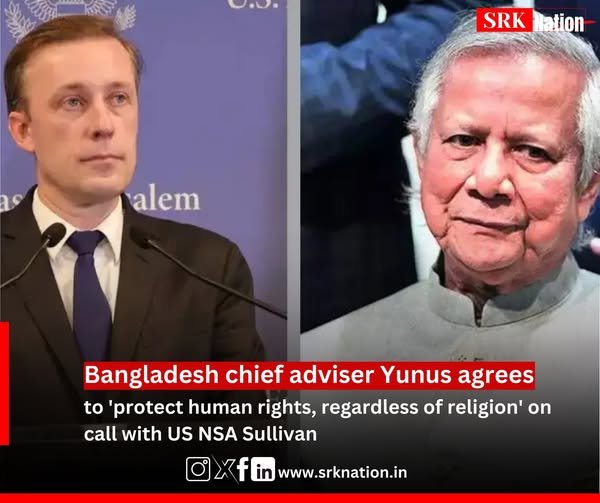The Indian embassy in Jerusalem and the Representative Office of India in Palestine issued urgent advisories on Saturday, October 7th, appealing to Indian nationals within these regions to maintain vigilance amidst escalating tensions.
This warning comes as a full-scale war erupts between Hamas, the ruling militant group of the Gaza Strip, and Israel – a conflict which has already claimed over 500 lives from both sides.
Hamas militants initiated an extensive offensive against southern Israel through land, sea, and air pathways. Utilizing paragliders for aerial assaults while simultaneously launching over 2,000 rockets from the Gaza Strip into Israeli territories. The Israeli military confirmed these reports while Hamas claims to have captured several Israeli soldiers near the border.
This sudden onslaught has resulted in significant casualties; with media outlets reporting that approximately 200 individuals have been killed and more than 1,100 injured within Israel. In response to this aggression, Israel launched counterattacks on the Gaza Strip causing nearly equal devastation: about 198 fatalities reported along with around 1,500 wounded individuals.
Advisory for Indian Nationals
In light of this volatile situation unfolding in Israel and Palestine regions; all Indian nationals residing therein are being urged by their respective diplomatic missions to be vigilant and comply with safety protocols as advised by local authorities. The advisory statement released by the Embassy implores its citizens to exercise caution; avoid unnecessary movement outside their residences; stay close to designated safety shelters whenever possible; among other precautionary measures.
The advisory also provided crucial contact details including emergency phone numbers that can be dialed should any exigencies arise. Additionally URL’s were shared where updated information regarding safety measures could be accessed regularly.
This recent escalation between Hamas and Israel underlines one of the most violent chapters in their long-standing conflict. The international community, including India, is closely monitoring the situation with growing concern. As diplomatic missions scramble to ensure the safety of their citizens amidst this turmoil; it becomes evident that these conflicts have far-reaching impacts beyond national borders and political disputes. They disrupt lives, instill fear among civilians, and create an environment of uncertainty for expatriates residing in these regions.







